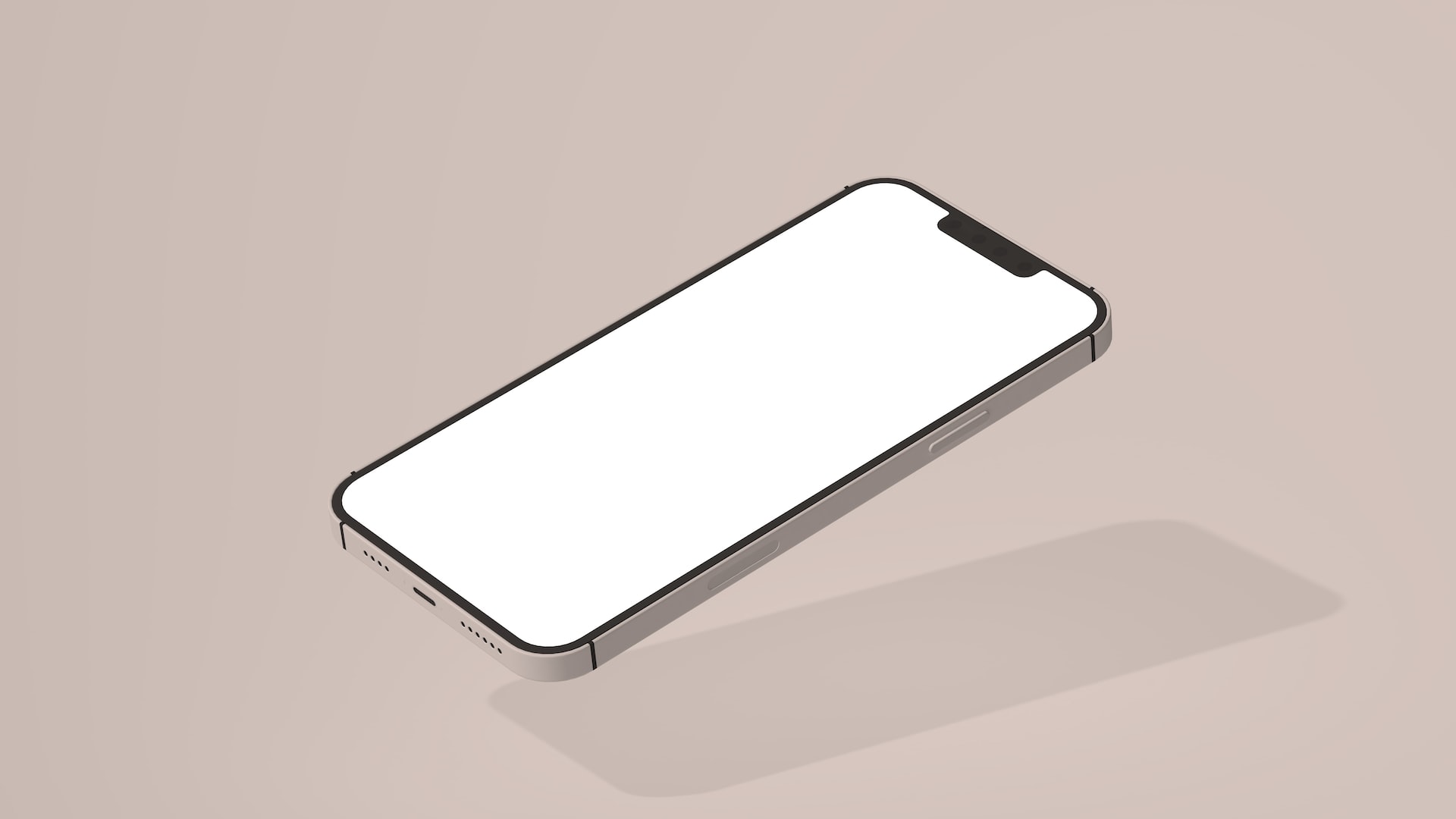
Comment Editor Gwydion Elliott argues that social media platforms and their algorithms need to be reckoned with in the fight against hate speech and misogyny
Being “banned” from several social media platforms this summer has seemingly done Andrew Tate little harm, with TikTok and its competitors continuing to give a home to the notorious influencer’s misogynistic and hateful content.
Andrew Tate made a name for himself this year, and a swathe of accounts are actively posting his content online, including his claim that women should ‘take some degree of responsibility’ to prevent rape, and his description of those who don’t want children as ‘miserable stupid b**ches’. These were identified by the Center for Countering Digital Hate, which found that more than 100 accounts were posting Tate’s content, with a total of 250 million views and 5.7 million followers.
Tate is a prominent part of the ‘manosphere’, a collection of online accounts and groups that promote masculinity and misogyny. Feminism is seen as an opponent, either by oppressing men (as Jordan Peterson would claim) or simply by proving an annoyance to those who hold deeply misogynistic views. Tate has claimed that the problem with men’s lives is that they lack power and don’t have enough sex, while describing his own girlfriend as ‘very well trained’. This inherently hateful thinking is deeply misguided and has nothing to do with tackling the issues men face – though I’d argue Tate has no such goal to begin with, having said ‘If you’re the kind of person who feels like you need therapy, you need someone to talk to, do you know what you are? You’re useless…’
The algorithm is directly leading troubled men towards misogyny
Especially worrying for the growth of the manosphere is that discussions of men’s mental health on TikTok seem to lead the algorithm directly towards this hateful and toxic content. The algorithm dominates these platforms, and makes it very difficult for users to control what content they see or understand why it’s being shown to them. It would seem that the algorithm is directly leading troubled men towards misogyny. Effects like this are not random – promoting increasingly extreme content is a tool that other algorithms, such as Youtube’s, use in order to keep people online for longer. This is the effect of monetising attention; while tweaks and moderations can be made, the underlying algorithm seeks to monopolise attention at the expense of women and minorities’ safety.
The right approach for improving men’s lives is feminism, because the problems men face arise not from women’s struggle against the oppression they so clearly face, but from patriarchal capitalism. It’s hugely disappointing that so many fail to recognise their own privilege and respond so aggressively when others struggle for the rights that they enjoy. Tackling this requires education and advocacy. Critically, it also demands challenging social media. Social problems such as this have existed for decades, but now the hateful response of those in power is enmeshed with and empowered by algorithms, over which we have no control, and that exert huge control over our societies by monopolising and weaponising one hugely important resource: information.
For more student opinion check out the stories below:
Climate Activism: The Tomato Soup Debate

Comments